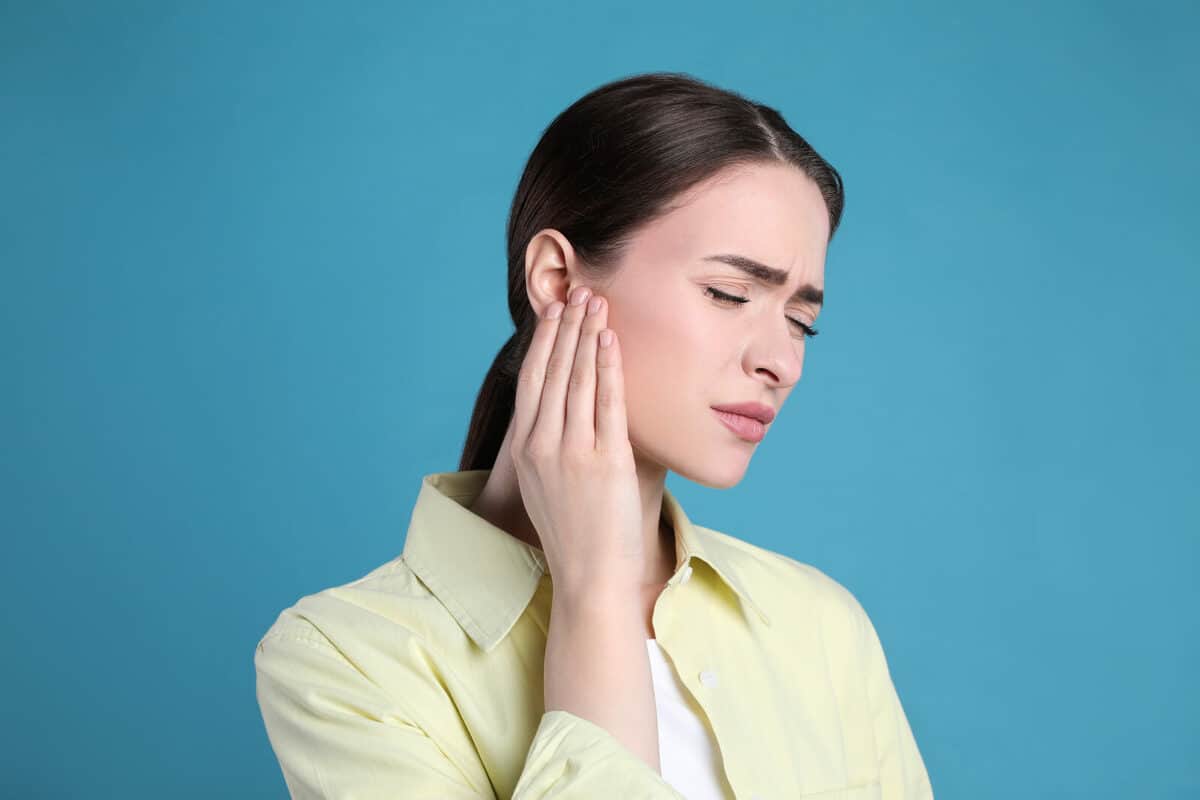- Why You Shouldn’t Do Anything With Your Earwax - April 22, 2024
- Travel Tips for People with Cochlear Implants - April 7, 2024
- How To Have A Great Conversation With People With Hearing Loss - March 22, 2024
Did you know that Millenials and Gen Z are becoming increasingly at risk of developing hearing loss? An estimated 10% of Millennials and 17% of Gen Z already have some degree of hearing loss in the U.S. According to the World Health Organization (WHO) estimates that over 1 billion people ages 12-35 are at high risk of developing hearing loss due to loud noise exposure. This type of hearing loss is completely preventable so it is important to practice ways to protect your hearing health.
Millennials, Gen Z, & Hearing Loss
Millennials and Gen Z are more at risk of developing noise induced hearing loss. This type of hearing loss is caused by one time or regular exposure to loud noise. There are a few key ways that Millennials and Gen Z are exposed to hazardous noise levels that can cause hearing loss. This includes:
- Social life: social life is a common way that people navigate high levels of noise. This includes various types of social settings and activities like restaurants, bars, concerts, stadiums, hunting, karaoke etc. These activities produce noise levels that can be risky for hearing health.
- Work: according to the Hearing Health Foundation, over 22 million people are exposed to dangerous noise levels in the workplace. There are numerous types of work environments that contain excessive noise. Examples include: transportation hubs, construction, restaurants, music/entertainment venues, factories/plants etc.
- Earbuds: earbuds and/or headphones are a common way people listen to audio – music, podcasts, talking on the phone etc. While they make listening to audio convenient, earbuds are a common way people absorb loud noise. Earbuds connected to an iPhone playing audio on the highest volume setting can reach up to 100 decibels. For perspective, sound above 85 decibels is considered hazardous for hearing health.
These factors highlight that Millenials and Gen Z can be regularly exposed to excessive noise. This exposure can cause noise induced hearing loss which is a type of hearing loss that is permanent. Noise induced hearing loss occurs when the sensory cells in the inner ear are damaged. Loud noise can desensitize and weaken these cells, reducing the amount of auditory information the brain receives which produces chronic, noise induced hearing loss.
Tips to Protect Hearing Health
Noise induced hearing loss is 100% preventable. There are several safety measures you can integrate into your everyday life to protect your hearing health. This includes:
- Wear hearing protection: there are various forms of hearing protection you can wear. This includes earplugs, earmuffs, and headphones which create a physical barrier for the eras, reducing the amount of loud noise you absorb. These items are portable which allows you to easily access and wear hearing protection when moving through environments that are noisier. There are custom hearing protection options that you can also invest in. If you work in a noisy setting, be sure to talk to your employer about providing hearing protection.
- Measure volume: another useful tip is to measure the decibels in your environment. There are various apps you can download that will measure the volume of your devices and the volume in the space you are in. This allows you to then adjust your exposure time so that you are not absorbing dangerous noise levels.
- Use 50-60% Rule: this rule of thumb is an easy way to practice maintaining safe volume levels on your electronic devices. This rule refers to using 50-60% of the total volume on your devices (phone, TV, speaker etc.) which allows you to listen to audio safely.
- Reduce loud noise exposure: there are more ways you can reduce your exposure to loud noise. This includes taking listening breaks throughout the day, driving with the windows rolled up to reduce environmental noise, spacing out noisy social events like concerts etc .
- Get hearing tested: another useful practice is to get your hearing tested consistently. This allows you to track your hearing health and identify any changes you may experience over time. Early intervention can drastically protect your hearing.
Practicing these safety measures can significantly protect your hearing health and wellness. Contact us today to schedule an appointment for a hearing consultation, the first step towards protecting your hearing health!

